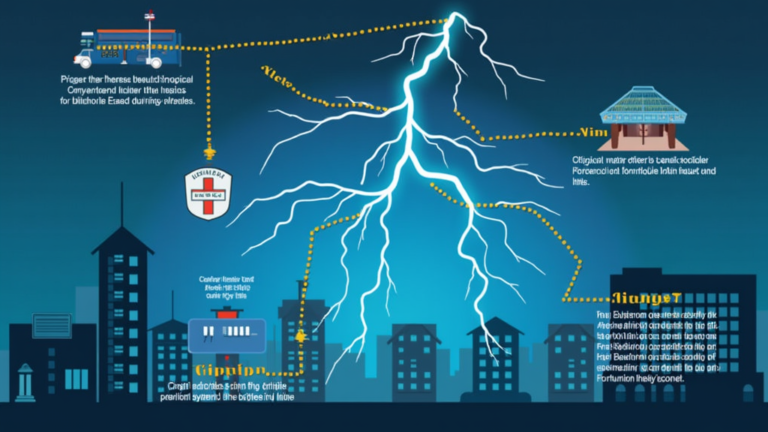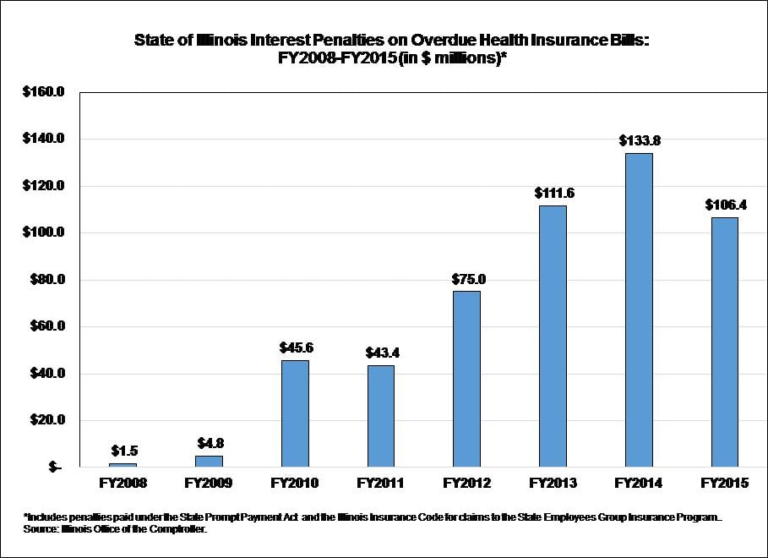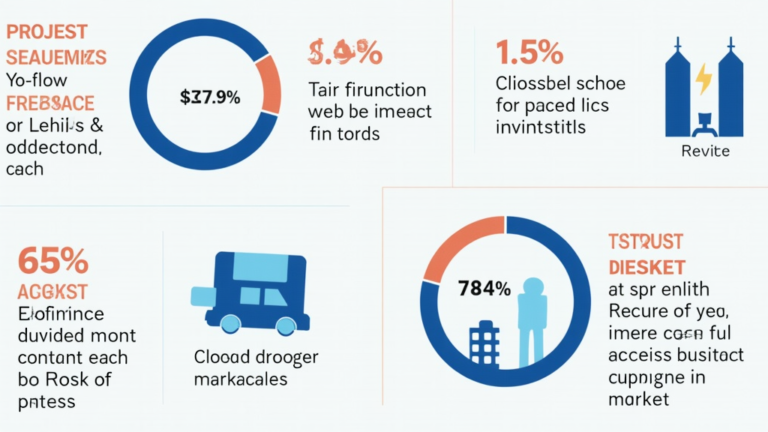Insurance Risks: Key Concerns Uncovered in RiskScan 2024
Insurance risks have become increasingly complex as the world faces a myriad of challenges, including cyber incidents, climate change, and economic inflation. The latest survey by Munich Reinsurance America Inc. and the Insurance Information Institute highlights these concerns as top priorities for various market segments within the insurance industry. With over one-third of respondents citing these risks, it is clear that understanding and addressing them is crucial for insurance professionals and consumers alike. As the frequency of events related to flood risk rises and the implications of risk perception evolve, staying informed is more important than ever. This growing awareness can help both businesses and individuals make better decisions regarding their insurance needs and risk management strategies.
Within the realm of insurance, the concept of risk management encompasses various challenges that have emerged in today’s rapidly changing environment. Terms such as hazard exposure, liability concerns, and financial uncertainties come to the forefront, particularly in light of recent global events. A recent study sheds light on significant issues like technological vulnerabilities, environmental shifts, and inflationary pressures that shape how different stakeholders view their insurance needs. Recognizing these challenges is essential for all parties involved, from consumers to insurance providers, as they navigate the intricate landscape of protection and coverage. By addressing these pressing issues, both businesses and individuals can better safeguard their interests against unforeseen circumstances.
Understanding the Chief Insurance Risks in 2024
Insurance risks are evolving rapidly, with cyber incidents, climate change, and economic inflation topping the list of concerns for many market segments. The RiskScan 2024 report by Munich Reinsurance America and the Insurance Information Institute highlights these risks as pivotal to understanding the insurance landscape. Cyber incidents, in particular, present a significant challenge, as businesses and consumers alike grapple with the fast-paced evolution of digital threats. Insurers must adapt their policies and strategies to address these emerging risks effectively.
Additionally, climate change poses a considerable threat not only to the environment but also to the insurance industry. The increased frequency and severity of natural disasters amplify risks associated with property and casualty insurance. Economic inflation further complicates matters, as rising costs affect both consumers and businesses. Insurers must be proactive in mitigating these risks, ensuring that their coverage remains relevant and responsive to the changing landscape.
Frequently Asked Questions
What are the main insurance risks identified in the RiskScan 2024 report?
The RiskScan 2024 report highlights three primary insurance risks: cyber incidents, climate change, and economic inflation. These risks have emerged as significant concerns for various market segments within the insurance industry, reflecting current global trends and challenges.
How do cyber incidents impact insurance risks for businesses?
Cyber incidents pose substantial insurance risks for businesses, as they can lead to data breaches, financial losses, and reputational damage. Many businesses feel unprepared for the evolving nature of these cyber threats, which underscores the importance of comprehensive cyber insurance coverage.
Why is climate change considered a major insurance risk?
Climate change is viewed as a major insurance risk due to its potential to increase the frequency and severity of natural disasters, such as floods and wildfires. Insurers must adapt their risk models to account for these changing environmental factors, which can significantly impact claims and underwriting processes.
What role does economic inflation play in insurance risks?
Economic inflation affects insurance risks by driving up replacement costs and premiums. As consumers and businesses face rising costs, insurance companies must adjust their pricing strategies, which can lead to increased financial strain on policyholders.
What is the significance of flood risk in the context of insurance?
Flood risk is a significant concern in insurance, as many consumers are unaware that standard homeowners’ policies typically exclude flood coverage. This lack of awareness can lead to devastating financial consequences for those affected by flood events, highlighting the need for education on available coverage options.
How does risk perception vary between consumers and insurance professionals?
Risk perception varies significantly between consumers and insurance professionals. While consumers tend to focus on immediate and personal risks, such as cyber incidents and flood risks, insurance professionals have a broader awareness of various risk categories and emerging technologies.
What educational efforts are necessary to address insurance risks?
Educational efforts are crucial to bridge the knowledge gap regarding insurance risks, particularly around flood, cyber, and legal system abuse. Increased awareness can empower consumers and businesses to make informed decisions when it comes to managing their insurance needs.
What insights does the RiskScan 2024 report provide regarding market segments?
The RiskScan 2024 report provides valuable insights into the top insurance risks across five key market segments: consumers, small business owners, insurance carriers, agents and brokers, and middle-market businesses. It reveals both common concerns and disparities in risk awareness among these groups.
How can stakeholders stay informed about insurance risks?
Stakeholders can stay informed about insurance risks by following industry reports like RiskScan 2024, engaging with educational resources from organizations like Triple-I, and participating in discussions that address evolving risks and best practices in insurance.
| Market Segment | Top Risk Concerns | Key Insights |
|---|---|---|
| Property and Casualty (P&C) Insurance Carriers | Economic Inflation, Cyber Incidents, Climate Change | Greater awareness of risks, including emerging technologies. |
| P&C Agents and Brokers | Economic Inflation, Cyber Incidents, Climate Change | Broader range of risk categories recognized and understood. |
| Middle-Market Businesses | Economic Inflation, Cyber Incidents, Climate Change | Awareness of risk transfer and mitigation strategies. |
| Small Business Owners | Economic Inflation, Cyber Incidents, Climate Change | Direct impacts felt from increased costs due to inflation. |
| Consumers | Economic Inflation, Cyber Incidents, Climate Change | Narrower risk awareness, focusing on immediate impacts. |
Summary
Insurance risks are a growing concern for various market segments, with cyber incidents, climate change, and economic inflation being the top issues identified in the RiskScan 2024 survey. This highlights the necessity for greater consumer education and understanding of these risks, especially regarding flood coverage and the implications of cyber threats. As the landscape of insurance continues to evolve, stakeholders must prioritize communication and knowledge-sharing to effectively manage these ongoing challenges.







